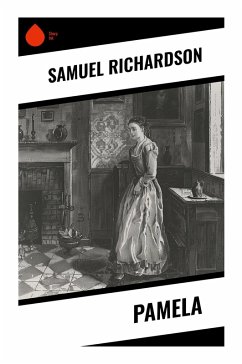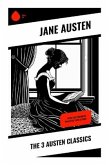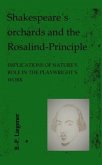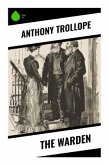In 'Pamela,' Samuel Richardson crafts a pioneering epistolary novel that chronicles the trials of a young maid, Pamela Andrews, who resists the advances of her wealthy employer, Mr. B. Through a series of letters, Richardson delves into themes of virtue, class struggle, and the power dynamics between genders in 18th-century England. The novel's nuanced characterization and rich psychological insight reflect the burgeoning awareness of individual identity and moral integrity during the Enlightenment period, marking a notable shift in literary form and social commentary. Samuel Richardson, a printer by trade, was deeply influenced by the emerging middle class and the ideological shifts of his time, particularly regarding morality and social hierarchy. His own experiences and observations of society motivated him to construct a narrative centered around a strong female protagonist navigating the complexities of virtue and value. Richardson aimed to elevate the status of women through his writings, making 'Pamela' not only a significant literary work but also a commentary on contemporary issues surrounding gender and class. 'Pamela' is a must-read for those interested in the development of the novel as a literary form and for anyone drawn to stories of resilience in the face of social and personal adversity. Richardson's masterful blend of narrative technique and moral inquiry offers rich fodder for both literary analysis and personal reflection, cementing its place as a foundational text in English literature.
Bitte wählen Sie Ihr Anliegen aus.
Rechnungen
Retourenschein anfordern
Bestellstatus
Storno








